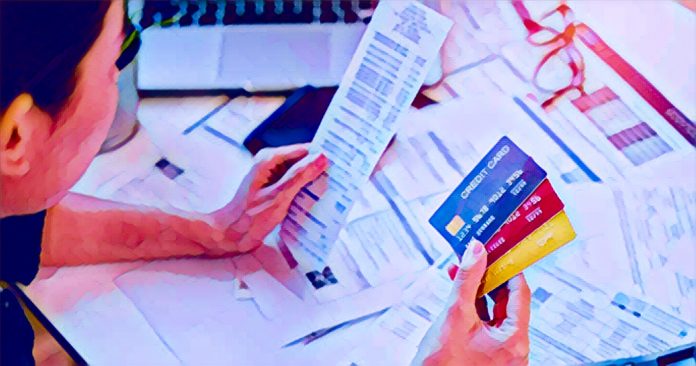Key Points
- The article highlights daily habits that quietly drain money.
- It explains how simple checks help Nigerians reduce waste.
- It urges readers to pay attention to unnoticed financial leaks.
Many people lose money through small habits that look harmless in daily life. These quiet expenses add up over time and weaken personal budgets. Here are seven common ways money slips away without much attention.
1. Unnecessary subscriptions
Automatic payments for digital services often continue long after people stop using them. Streaming platforms, workout apps, and cloud storage plans renew every month.
The amounts look small but become significant across a year. A routine check helps people cancel services they no longer need.
2. Buying items during sales without planning
Discounts attract quick decisions. A lower price creates a sense of urgency, even for items that were never part of a buyer’s plans.
Many people end up with unused clothes, gadgets, or home items bought simply because they were on sale. A sale is helpful only when it reduces the cost of something already needed.
3. Losing money through electricity and data leaks
Electricity units and data bundles finish fast when simple habits go unchecked. Lights left on in empty rooms. Phones charging for hours after reaching full battery.
Background apps using data. These look minor but increase monthly spending. Paying closer attention to these habits reduces avoidable costs.
4. Frequent eating out
Busy schedules and long commutes make eating out common. Each meal seems affordable. The total cost at the end of the month tells a different story. Preparing meals at home, even a few times a week, helps people manage their budgets better.
5. Paying extra for convenience
Express deliveries, late bookings, and rushed transport options cost more. These convenience charges pile up quietly.
Planning ahead allows people to choose cheaper alternatives without disrupting their routine.
6. Ignoring price comparisons
Prices of everyday items vary widely across supermarkets, markets, and online stores. Many shoppers assume the difference is small.
In reality, the gap can be large. Comparing prices before buying fuel, groceries, toiletries, or household items helps reduce unnecessary spending.
7. Daily small treats that accumulate
Snacks, bottled drinks, quick purchases during commutes, and small impulse buys look insignificant. The issue is frequency.
When these treats become daily habits, the cost grows quickly. Reducing the number of unplanned purchases creates noticeable savings.
These quiet expenses rarely attract attention, but they drain wallets over time. Identifying and adjusting these habits helps Nigerians protect their income and manage their finances with more confidence.



